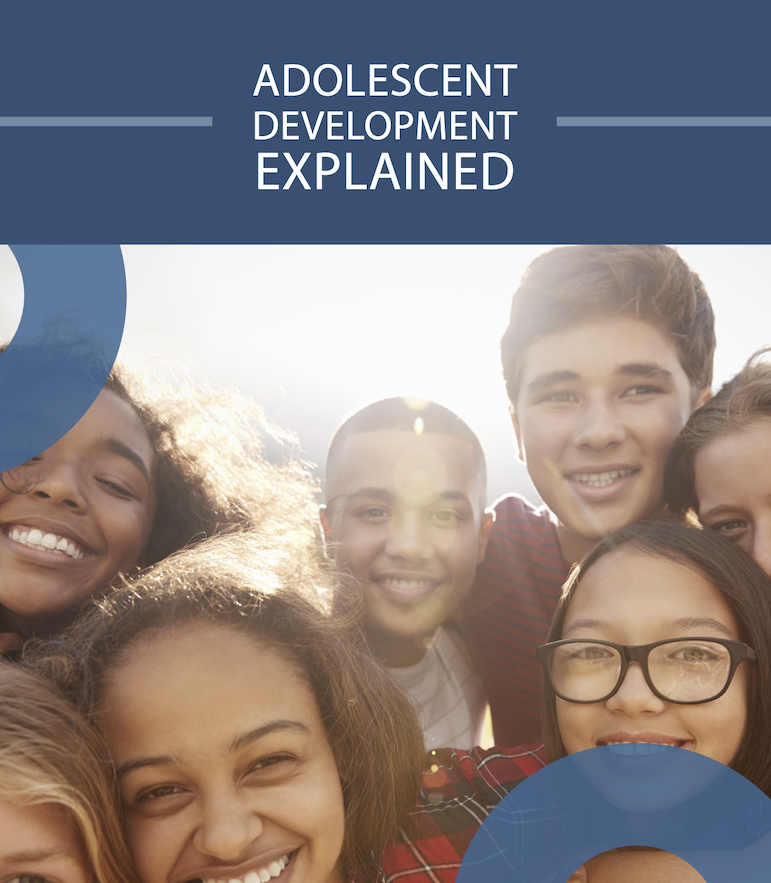17 Mental Health Resources For Asian Americans and Pacific Islanders
 Racism and xenophobia take a serious toll on Asian American and Pacific Islander communities. Research has found that racism and discrimination have a significant negative impact on mental health. In addition, communities subjected to othering by the dominant racial group are prone to mental health concerns, including an increased risk for anxiety and depression.
Racism and xenophobia take a serious toll on Asian American and Pacific Islander communities. Research has found that racism and discrimination have a significant negative impact on mental health. In addition, communities subjected to othering by the dominant racial group are prone to mental health concerns, including an increased risk for anxiety and depression.
Online resources can be a particularly important tool for providing advice, support, and information on mental health for Asian Americans and Pacific Islanders. Read more ›


 A
A 
 It’s important to recognize that the term “AAPI” (Asian American / Pacific Islander) encompasses a wide range of countries, ethnicities, nationalities, and identities. Many different communities within AAPI label face their own unique challenges: from the trauma faced by those who survived wars in Laos, Cambodia, and Vietnam; Japanese Americans who remember the internment camps of the WW2 era; or the anxiety felt by the children of first-generation immigrants to reconcile their cultural heritage with American life.
It’s important to recognize that the term “AAPI” (Asian American / Pacific Islander) encompasses a wide range of countries, ethnicities, nationalities, and identities. Many different communities within AAPI label face their own unique challenges: from the trauma faced by those who survived wars in Laos, Cambodia, and Vietnam; Japanese Americans who remember the internment camps of the WW2 era; or the anxiety felt by the children of first-generation immigrants to reconcile their cultural heritage with American life. 
 Anti-Asian rhetoric and incidents have been on the rise in recent years, spurred on by the COVID-19 pandemic.
Anti-Asian rhetoric and incidents have been on the rise in recent years, spurred on by the COVID-19 pandemic.
 Mental health stigma affects all ethnicities, cultures, and nationalities, but Asian Americans may be more impacted than most.
Mental health stigma affects all ethnicities, cultures, and nationalities, but Asian Americans may be more impacted than most.
 Adolescence is a time of enormous transition. Although adolescence may appear to be a turbulent time, it is also a period of great potential as young people engage more deeply with the world around them. Adolescents typically grow physically, try new activities, begin to think more critically, and develop more varied and complex relationships.
Adolescence is a time of enormous transition. Although adolescence may appear to be a turbulent time, it is also a period of great potential as young people engage more deeply with the world around them. Adolescents typically grow physically, try new activities, begin to think more critically, and develop more varied and complex relationships. 
 For the parents of a teenager, adolescence can be a challenging time. But to a brain scientist, it’s a marvel.
For the parents of a teenager, adolescence can be a challenging time. But to a brain scientist, it’s a marvel.
 Important conversations with teenagers are among the biggest
Important conversations with teenagers are among the biggest 
 Each year thousands of teenagers experience the death of someone they love. When a parent, sibling, friend or relative dies, teens feel the overwhelming loss of someone who helped shape their self-identities. And these feelings about the death become a part of their lives forever.
Each year thousands of teenagers experience the death of someone they love. When a parent, sibling, friend or relative dies, teens feel the overwhelming loss of someone who helped shape their self-identities. And these feelings about the death become a part of their lives forever. 
 For many adults, talking about death is difficult. When we speak to our own teenagers about the death of a peer, family member or teacher, it can be even harder.
For many adults, talking about death is difficult. When we speak to our own teenagers about the death of a peer, family member or teacher, it can be even harder. 

